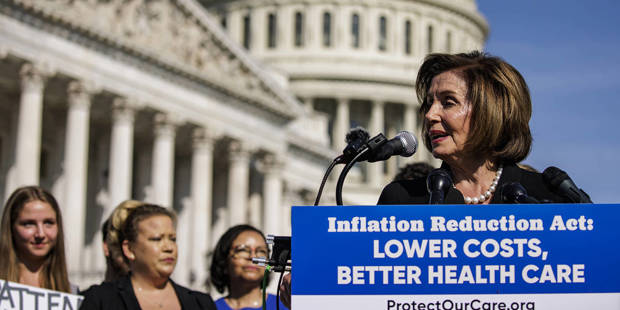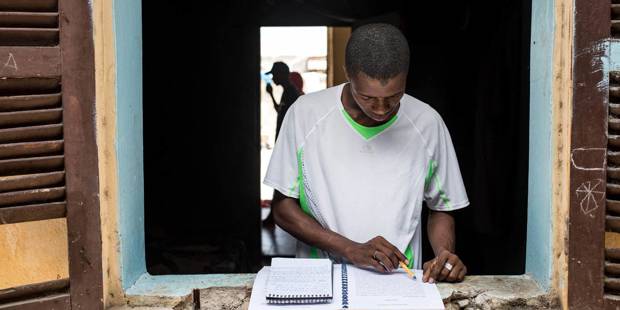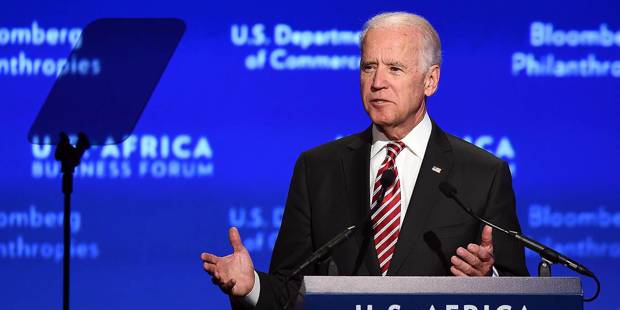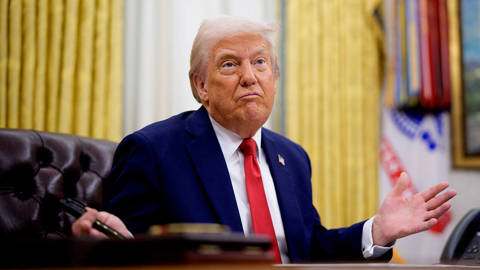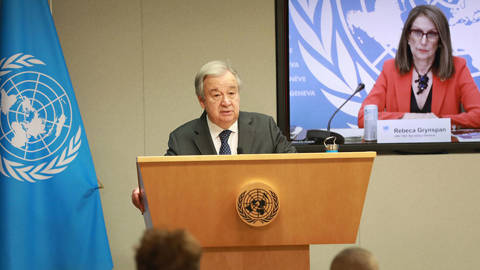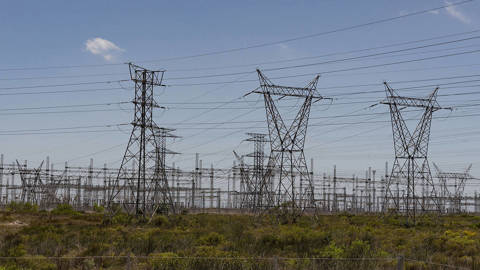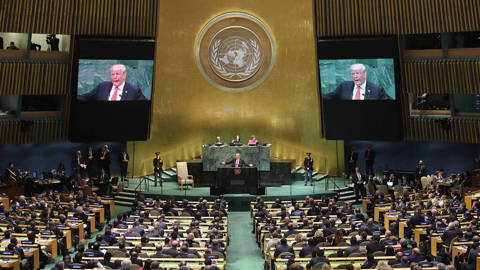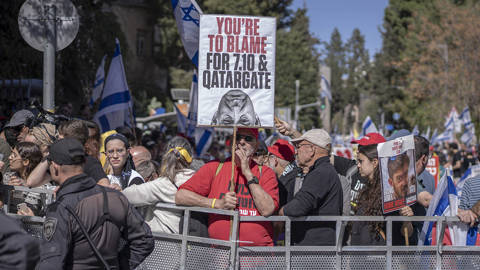A Pledge for Africa
Great piece by PM Abiy. He rightly stresses the need for a comprehensive strategy to deal with the COVI19 crisis. An issuance of Special Drawing Rights to raise $1.5 trillion is a great proposal, provided that the rules for accessing the funds and for the distribution among countries are re-examined. The flow of funds needed to enable investment in health care and social safety nets should not be an ad hoc, short-term action to address the emergency. It should be complemented by a longer-term strategy to boost economic growth and make the continent a major contributor to global demand. African governments should become financially self-sustaining and not rely on global charity ad vitam aeternam.
Ethiopia has showed the world how the root causes of the continent’s financial and economic fragility could be addressed effectively. Beyond debt relief and foreign aid (which are necessary and often very helpful), the continent should attract foreign direct investment in labor-intensive industries that create decent employment, generate income and taxes, and help combat poverty. Africa’s often poor business environment is a problem but the use of carefully designed, well located, and well-managed industrial parks can help address the issues of poor infrastructure and weak governance.
